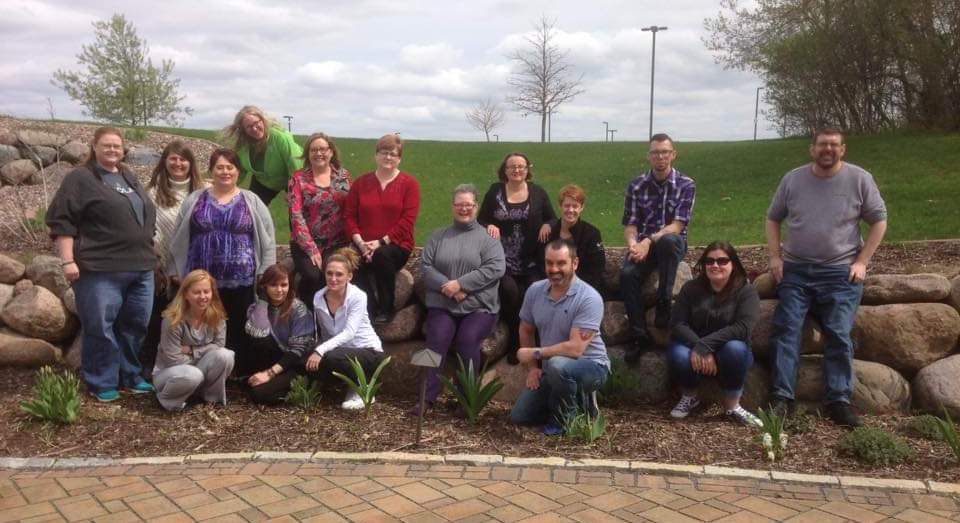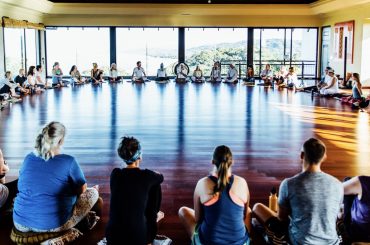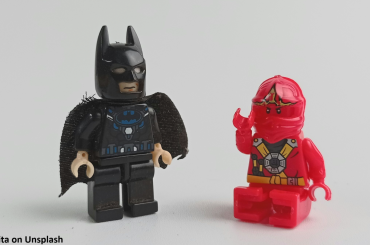Throughout the last few blogs, I’ve talked about several tools and trainings that enhance the skills of Coaches and Peers. I am excited to share this entry with Karen Iverson Riggers, a good friend and colleague. She has taught me about creating deeper, intentional peer lead spaces. She also helped bring the Peer Respite model to Wisconsin, where she served as the first Director of the Iris Place Peer Run Respite.
I had the opportunity to attend an eCPR training in 2017, when I was the Program Director of the Iris Pace. This training was an incredible dive into looking further at my own reactions, biases, and how I hold space for others. In this blog, Karen goes in depth into what the eCPR model is and its application for anyone who wants to connect more authentically and wholly. Karen will be joining me on the Recovery Coach Connection on November 30th at 9 PM EST to share more about the eCPR model and answer your questions.
A Crisis of Disconnection…The Answer? eCPR!
Our world is facing a public health crisis of social isolation, loneliness, and disconnection. This crisis has been multiplied by a global pandemic and overwhelmed broken systems that can’t meet the needs of our community. The loneliness and disconnection folks feel often leads to addiction, depression, anxiety, and sometimes violence. So, what is the answer?
Emotional CPR
eCPR, Emotional CPR, is a community health education program that teaches people to assist another person in emotional distress or crisis. Developed by a diverse group of people with their own lived experiences with emotional distress and crisis, eCPR is a framework that shifts the way we are able to connect with our own emotions and hold space for the emotions of others in crisis.
A few words from the definition explain the power and practice of eCPR. As a community program, eCPR is a practice for everyone. It supports skill-building and capacity for heart-to-heart connection with another person. The word assist recognizes that eCPR is not about fixing, judging, making assumptions, or referring someone to another resource. eCPR believes that every person is fundamentally whole. The most powerful gift we can give someone in emotional distress or crisis is support—supporting them in being seen, heard, and valued, just as they are.
It’s about Connection.
We facilitate eCPR through three phases: Connect, emPower, and Revitalize. The foundation for eCPR is connection. Connection can be uncomfortable and sometimes difficult. The dance of connection sometimes has us feeling moments of disconnection weaving into reconnecting. Connection encourages compassion – both for ourselves and others. Heart-to-heart connection requires us to not just listen with our ears, but also with our eyes and hearts.
The second phase is emPowerment. This is often the moment in connection when someone can hear their own voice, sometimes for the first time. Someone once described emPowerment as another person holding a candle, providing light out of the darkness. I don’t think we can emPower someone. But I definitely believe we can support folks in tapping into and regaining their own power and voice.
Finally, revitalization is the phase that closes the connection. People often describe this phase as finding new life or light. Sometimes revitalization inspires reconnection with goals, dreams, or big ideas; but often revitalization looks more like someone being able to take another breath or another step into what’s next.
Crisis can be an opportunity.
eCPR draws on foundations like trauma informed practices, recovery principles, mutuality, cultural humility, and suicide prevention. Connection is prevention. The creators of eCPR incorporated what they learned from making it through their own experiences of distress and crisis to build a framework that creates authentic vulnerable space for people to explore their emotions. Crisis can be an opportunity to get in sync with our deepest values and beliefs.
eCPR inspires connection that allows folks to connect with their emotional bodies. In wellness, we often focus on physical, mental, and spiritual components, but don’t spend time sitting with or holding emotions. For many of us, there is baggage and judgment around emotions – what emotions are “good” or “bad,” what emotions feel safe to hold and express and what emotions we push away. By connecting with our emotions and creating safe spaces for the sharing of emotion, eCPR offers a framework for exploring crisis as an opportunity for growth and change.
Interested in eCPR? Our Wisconsin worker owned cooperative, Ebb & Flow Connections Cooperative, offers 2 hour intro workshops and a 12 hour practitioner certification. We’ve also established a thriving Community of Practice that keeps the learning alive!
In Wisconsin, contact: ebbflowconnections@gmail.com or contact the National Empowerment Center at https://emotional-cpr.org/.
About Karen:
Karen Iverson Riggers is a writer, survivor, advocate, entrepreneur, and community volunteer. She owns her own nonprofit consulting practice. She was most recently the founding director of Iris Place, the first peer run respite in the state of Wisconsin as well as the co-founder of local food start up Reinvent Ferment.
Her almost 20 years of experience in the nonprofit sector includes working with Wisconsin Milkweed Alliance, Rise Together, NASMHPD, Apricity, NAMI Fox Valley, United Way Fox Cities, three Girl Scout Councils, Harbor House Domestic Abuse Shelter, Women’s Fund for the Fox Valley Region, Fox Valley Unitarian Universalist Fellowship, Showing Up for Racial Justice Appleton Chapter, and Housing Partnership of the Fox Cities. In 2013, she was awarded NAMI Wisconsin’s Peer of the Year. The Fox Cities Chamber of Commerce recently recognized Karen as a “Future 15” young professional. She lives in Appleton, Wisconsin, where she grew up, with her husband and their three children.








